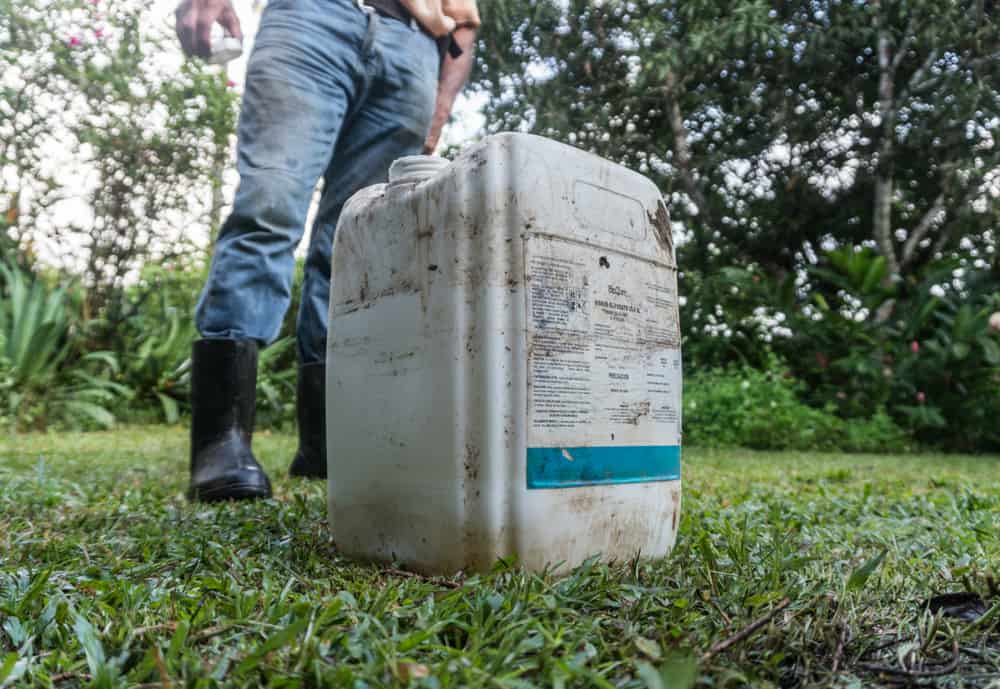Costa Rica is moving to ban highly hazardous pesticides, thanks to a new bill that is currently being discussed by congressional representatives in the Special Permanent Commission on Environment. The initiative would prohibit these chemicals, which have already been banned in at least 70% of OECD member countries. It was presented in June 2023 by independent deputy Kattia Cambronero and is being processed under the title “Regulation of Highly Hazardous Pesticides for Health and the Environment,” under File 23,783.
The draft defines highly hazardous pesticides as those that meet international criteria for high toxicity, including those classified by WHO as extremely or highly hazardous, or those with evidence of causing cancer, genetic mutations, or affecting reproduction, according to the Globally Harmonized System (GHS).
The bill establishes that the Ministries of Environment and Energy (Minae), Health, and Agriculture and Livestock (MAG) must update the national list of banned pesticides every two years. It also includes biannual risk assessments, considering criteria such as the classification by international organizations like the WHO, FAO, EFSA, or EPA; proven evidence of harm to health or the environment; and the existence of viable alternatives that are less harmful.
MAG’s training, technical assistance, and extension programs will be strengthened to support the agricultural sector in transitioning to more sustainable practices. To finance these initiatives, the law mandates the State Phytosanitary Service (SFE) to allocate at least 25% of the revenues from the 1.5% tax on the CIF value declared by each agrochemical importer to research alternative methods to using chemical pesticides, including biological controllers and integrated crop management.
This proposal represents a significant advancement toward healthier and more environmentally friendly agriculture. National and international studies have determined that Costa Rica is one of the countries in the world that applies the most pesticides per agricultural area, with estimates ranging from 10 to 35 kilograms per hectare. Of the ten most widely used pesticides in the country, eight are Highly Hazardous Pesticides (HHPs), according to a technical report by the Research Institute of Toxic Substances of the National University (UNA).






